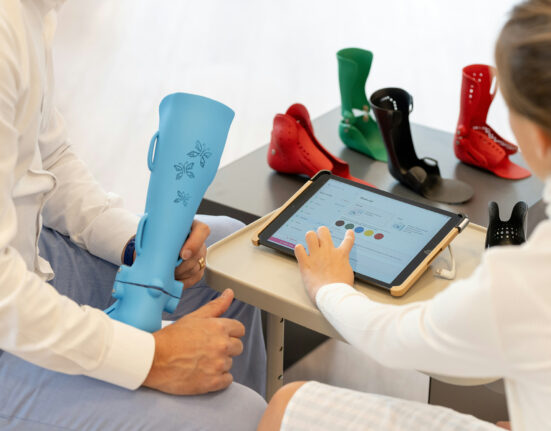A good healthcare system improves people’s quality of life, according to Cigna Global. Sweden recently came in first place for ‘Countries With the Most Well-Developed Public Health Care Systems’, so it’s no surprise that life expectancy in Sweden is one of the highest across the EU. But how does it compare to the healthcare offered in other countries?
Cost of healthcare
Around 680,000 Swedish people have private healthcare insurance. The rest utilize the public healthcare that is goverment-funded even at the many privately-run healthcare clinics. For example, medical care is free for individuals under 20, there’s a cap on out-of-pocket fees and routine appointment costs are minimal. This is vastly different to Germany’s healthcare system where it’s illegal for residents not to have health insurance. The average German will pay 250,000 Euros in health insurance fees over the course of their lifetime. In comparison, healthcare in the UK is free for all residents and is paid for by taxes. Although, charges do apply for prescriptions and dentistry, unless specific criteria is met.
Dental health
Around 3.5 billion people globally have oral disease, according to the World Health Organization (WHO). It’s, therefore, very important that individuals have access to good dental healthcare. In Sweden, the insured receive free dental care up to the age of 23. A dental care subsidy is available to people after this age which allows up to 85% of dental costs to be reimbursed. This is significantly better than in the UK, where only under 18s, low income households, and mothers-to-be and new mothers qualify for free dental treatment. The UK also has lengthy waits of up to three-years to access an NHS (affordable) dentist. This means people are turning to private dentistry for non-routine treatment, such as jaw surgery. Surgery like this is crucial for a lot of patients as it can treat obstructive sleep apnea. It can also improve biting and chewing and provide swift relief for patients.
Care quality
Sweden is particularly good at preventing diseases and came in 4th place in the 2021 World Index of Health Innovation’s “Measures of Preventable Disease” element. It’s also home to one of the best hospitals in the world. The Karolinska University Hospital was 7th place in a 2021 poll of 2,000 hospitals across the world. The quality of care in the country is described as ‘excellent’ and waiting times for appointments are very quick. Sweden ranks highly for care quality, along with countries such as Norway and Spain. Norway is home to the holistic Oslo University Hospital which is known to take an all-round approach to healthcare. Spain stands out because it has a high doctor/patient ratio at almost 5 to 1,000, meaning waiting times are low and access to care is efficient.
Having access to a good healthcare system is significantly beneficial for individuals. The above shows that Swedes are lucky to have access to some great, quality care, and long may it continue.












